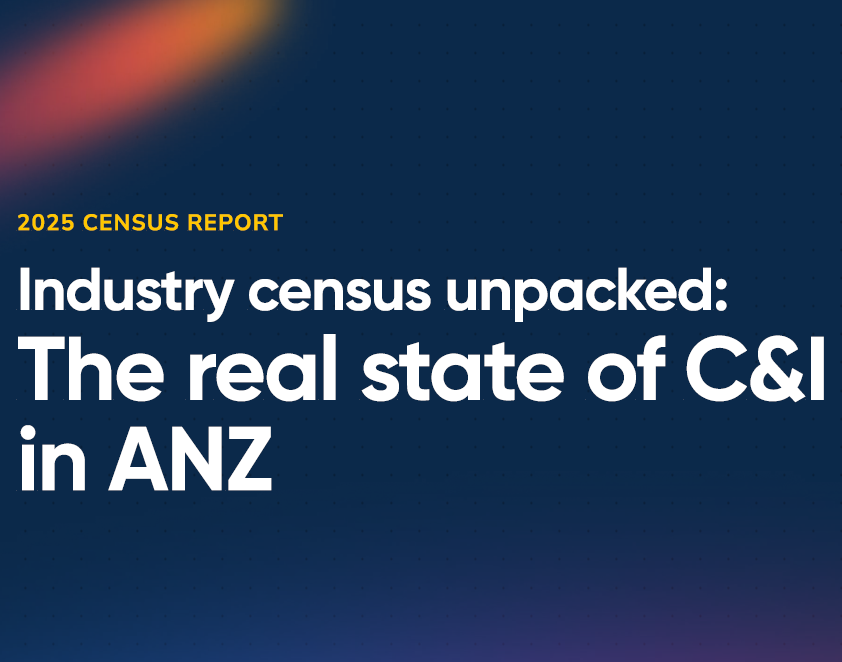So, you’re sold on the idea of solar. Cheaper electricity bills, independence from the grid, the chance to sell your excess power for profit - there are a lot of advantages.
But now you’re wondering: once you’ve settled on the right size of solar system for your needs, what does the installation process actually look like? Is it complicated? How long will it take? Who’s involved, and is there any paperwork?
While solar power systems are complex pieces of technology, having them installed is fairly straightforward.
Step 1: Home assessment
The first step in any installation is home assessment. We don’t want to put a solar system in place that won’t work for you and your family.
First, we discuss your solar goals. What are you looking for?
- Financial returns?
- Energy security?
- Environmental protection?
- All of the above?
Based on your solar goal, we will provide some basic guidelines on the types of systems you should be looking at and some basic knowledge about solar energy.
We then use our specialised software to estimate the type and size of the system that you need, along with generation projection. We combine this with some input from you, mostly around your previous energy bills and consumption patterns, possibly with some photos of your switchboard and roof.
Based on the combined information, we can then provide you with some background information about your solar system. This includes:
- checking the type, angle and orientation of your roof;
- estimating how much sunlight will hit your panels;
- estimating how much electricity you will need; and,
- estimating how much you can expect to generate.
Step 2: Learning about your solar equipment
Once you’ve settled on your new system, we will then walk you through your new equipment. This will include:
- The photovoltaic panels.
- The rack which the panels are mounted on.
- The inverter(s) your system includes.
- Any solar storage options you have.
- The smart energy management software that may be included.
- Your generator (if included).
If you’re happy with everything and understand how the equipment works - don’t worry, it’s mostly automatic and very easy to operate - then you just sign on the dotted line. Congratulations, you’ve officially begun your solar journey!
Step 3: Approvals
There is a little bit of paperwork involved with solar, depending on where you live. This includes some approvals from your local line company and your local council, and potentially your local building codes as well. You’ll also need to speak with your local electricity supplier, as they must be able to support your solar connection (unless you’re going off-grid entirely, then there’s no worries there!).
Sound like a lot of bureaucracy? Don’t worry. Your ZEN Energy solar consultant will be there to help you out.
Electricity Network Connection Approval
First, we’ll submit a distribution generation application on your behalf to your electricity network company. This will set you up with the ability to do solar buyback, and is generally necessary for all solar installations (even if you’re not planning to sell any power).
This application is then reviewed and, provided it meets all regulations (we’ll make sure it does!), approved for the connection of your solar system.
There may be a fee payable to the network company. Don’t worry about this - we’ll pay that for you, as it will be included in your quote unless specified otherwise.
Electricity Retailer Approval
Once the electricity network connection has been approved, we’ll then work with your chosen energy retailer to finalise your buyback agreement. This may include the installation of an important/export meter, if required.
Yes, there’s a few boring bits to sort out before you can enjoy your solar, but we’ll deal with nearly all of the big parts for you. It’s just a part of the ZEN service!
Step 4: Technical Inspection
Members of ZEN’s technical team will visit your home and conduct a technical inspection to ensure that all aspects of the system and installation are taken care of.
This sets the scene for the installation day, with the ZEN project team focusing on the coordination and timing to get your system set up and running.
Step 5: Installation day
Now we get to the fun part! After all the paperwork is filed, we’ll come over on an agreed day with our qualified installers, who will perform a final checkover of your solar equipment and your roof.
If all the boxes remain ticked, we’ll wire your home for solar, we’ll set up the panels and the panel racking, the inverter will be connected and, following a final approval from a local inspector, the system is switched on.
Boom - instant power! You’re now enjoying clean, free solar energy. Congrats!
For most installations, this will take about a day for grid-tied systems, and up to two days for a more advanced hybrid or off-grid system. A weekend of work maximum and you’ll be up and running.
Step 6: Monitoring and maintenance
Some of our solar power systems include an energy monitoring application or portal. This will allow you to keep track of your energy generation and consumption. Use this data to better understand when and how you’re using power, and adapt your behaviour accordingly. Generating lots of power at noon but nobody’s using it? Don’t let it go to waste - time your laundry for midday, or even better, invest in a solar battery to store that power for later.
In terms of equipment maintenance, solar power systems have few, if any, moving parts. As a result, they are very durable and little can go wrong. If something does stop working, ZEN Energy equipment comes with a warranty. Our panels, for example, have a manufacturer’s warranty of 25 years.
It’s important to keep your panels clean for better performance. Simply spray them with a garden hose every so often and that’s usually enough. For a more dedicated guide on cleaning, check out our blog on the subject.
And that’s it! We make the purchase and installation of the right solar power system for you easy. For more information, get in touch with the ZEN Energy team today.




